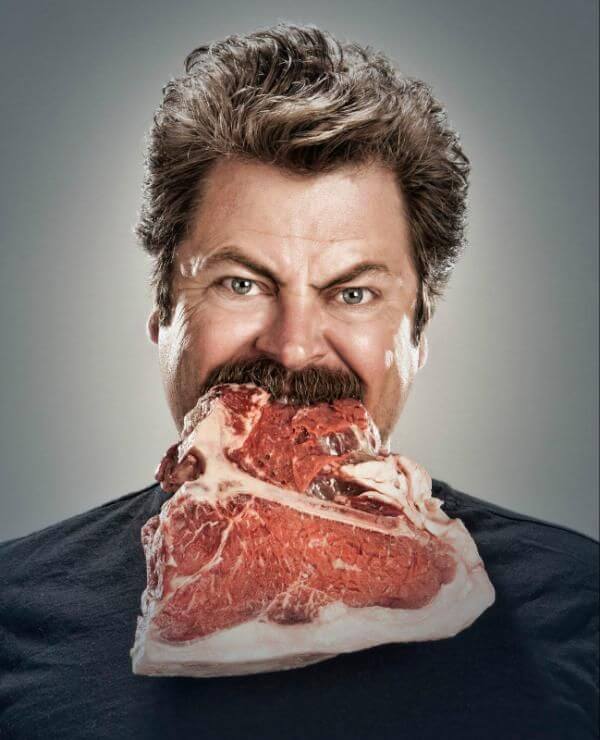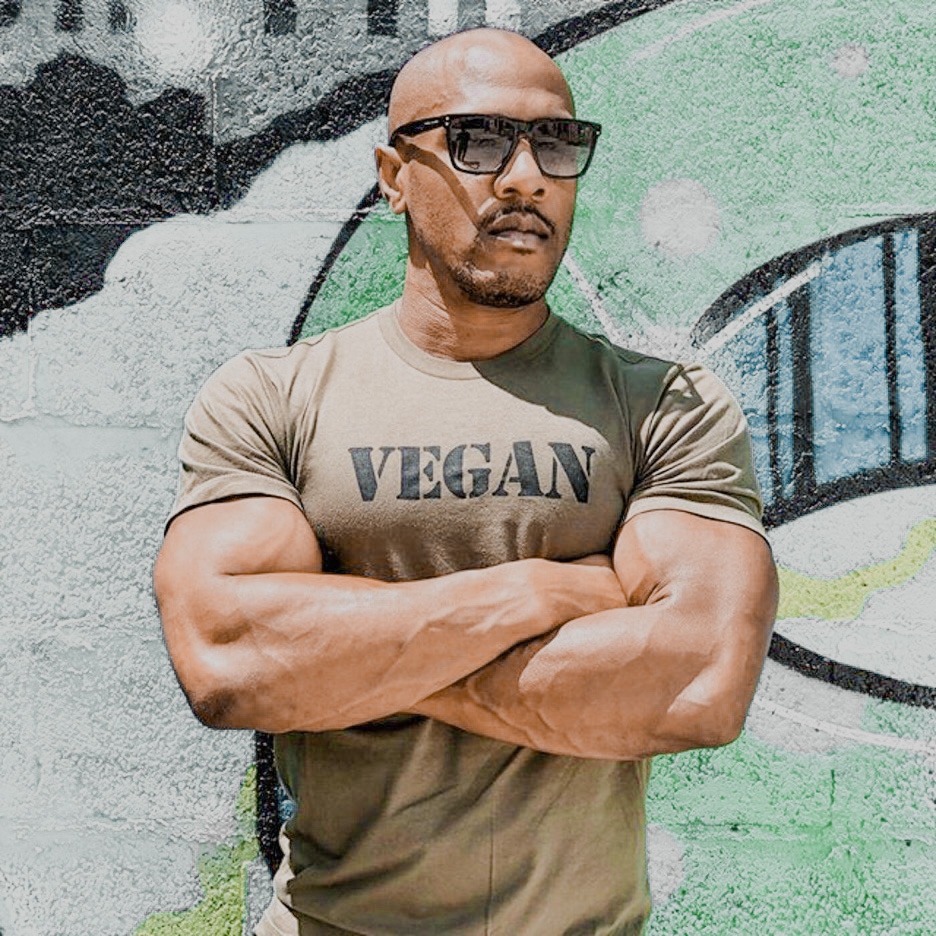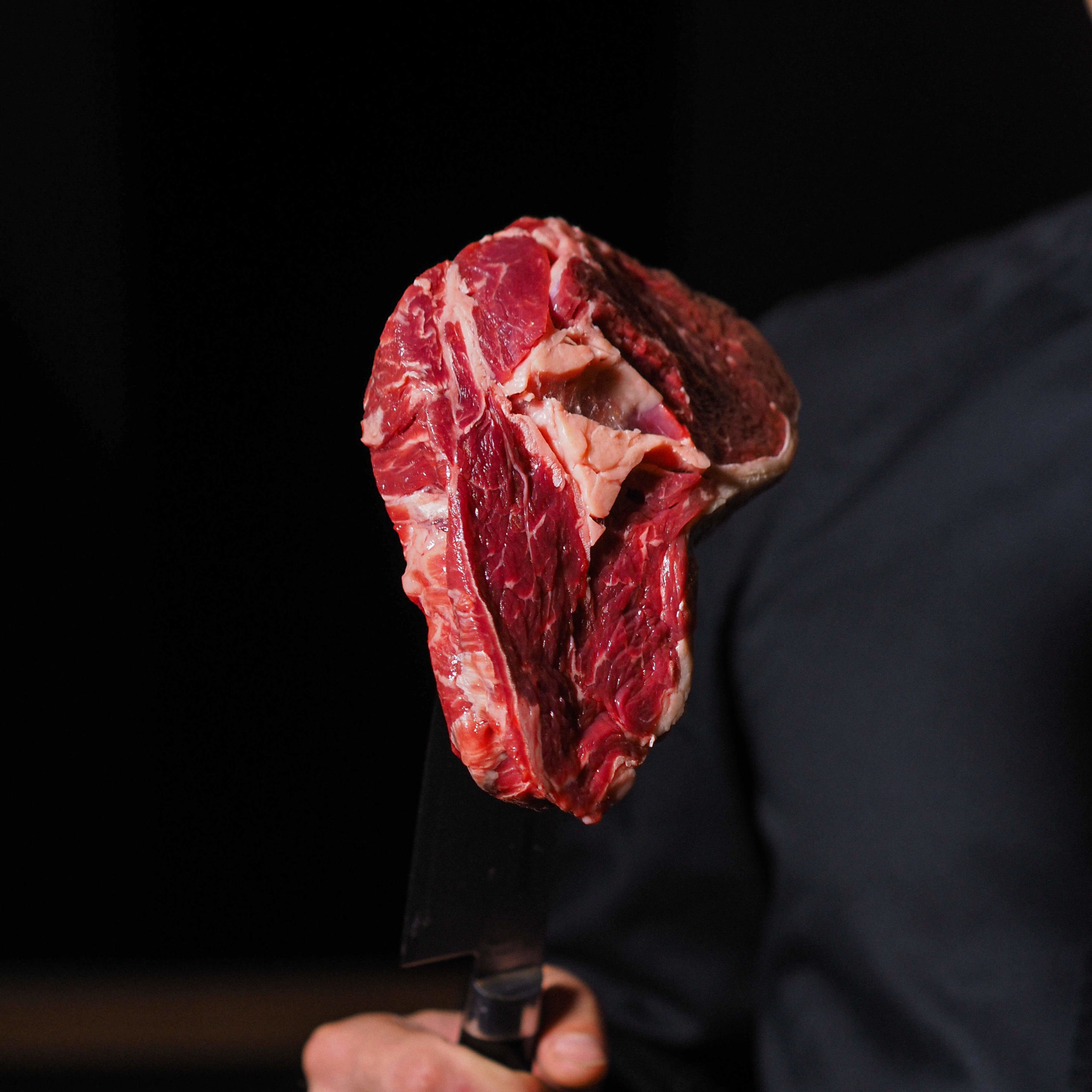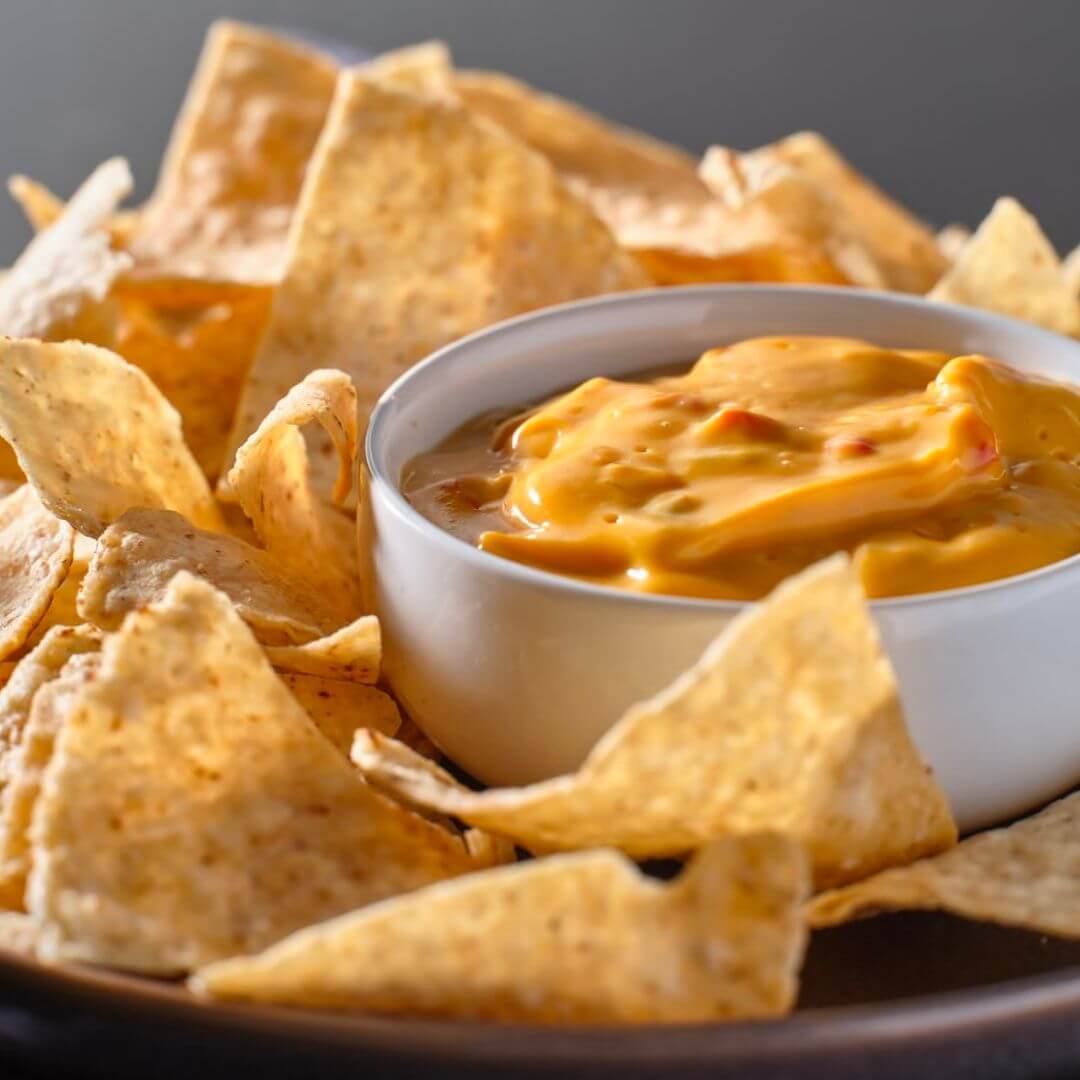This website uses cookies so that we can provide you with the best user experience possible. Cookie information is stored in your browser and performs functions such as recognising you when you return to our website and helping our team to understand which sections of the website you find most interesting and useful.
mindset
podcast
plant-based tips
meal prepping
meal planning
listen now
Plant-based inspiration and wisdom for your nutrition journey
Plant Centered &
Thriving Podcast
Tune in!
learn more
My motto? Take it step by step. Everyone’s on a different journey, and nutrition never looks exactly the same for any two people. To build sustainable, healthful eating habits, I believe in a personalised approach that gets to the root of your unique needs and goals.
Your Registered Dietitian Nutritionist & plant-based eating advocate
hey! I'm Ashley Kitchens
Today, we’re chatting about meat and masculinity. Adam Stanaland is a doctoral student at Duke University, pursuing Duke’s first joint degree in psychology and public policy. He is also a good friend of mine. His research aims to understand how powerful social norms impact kids and adults, as well as if and how we can change them. Most of his research is on the causes and consequences of rigid masculinity norms and how they affect boys’ and men’s development and behavior such as aggression, violence, political engagement, mental health and discrimination.
One thing that seems to be deeply rooted in masculinity is eating meat. Steak, ribs, wings – you name it. Most of these are foods that are somewhat associated with men. So where does that leave plant-based men and how can we change for the better? Allow me to elaborate on Adam’s research to you.
Adam Stanaland’s Perspective
Adam is a PhD student at Duke University. He’s doing a joint degree in psychology and public policy. He studies the psychological mechanisms or the parts of the brain underlying how people think about the policy decisions that they make, the people they vote for and how policy also affects people’s psychology. All of Adam’s research centers around this idea or the studying of how restrictive social norms shape people’s psychological development.
It could be that policies are influencing these social norms. It could also be related to upbringing and the norms and gender roles that individuals were taught and witnessed. Amongst all that, Adam specializes in the perception of masculinity and male gender norms. According to him, men drive a lot of their identity from things they eat, such as meat. Eating meat for American men is also based on their cultural norms – just imagine barbecues, who is doing the cooking at these compared to who does the cooking on a regular basis? Reducing their meat intake, on the other hand, can be seen as a threat to their manhood or as a threat to their masculine identity.
But why are men so tied to eating meat? How can we possibly mitigate or make that relationship weaker so that we can actually move in the direction of more healthful eating for them and also healthier choices for the environment?

Meat and masculinity: “Bringing Home the Bacon”
Marketing is a great thing to look at in terms of the history of how these ideals are shaped. Meat has always been associated with success in the world. When families and the providers of those families were successful, they could finally afford meat. It’s a status symbol. Over time it’s grown to be connected with masculinity because in the traditional family structure, men are also the providers who are supposed to provide that status – they literally brought home the bacon.
That association is what marketers took advantage of and just started labeling other things as masculine. And then if someone felt insecure about their own masculinity and wanted to show their family or others that they were masculine, they would buy meat. While women are marketed towards being skinny, fit and small, their target product is more in the direction of a salad. While the salad is a symbol for being skinny, meat is a symbol for the counterpart, aka masculinity. Another thing that is strongly connected to meat is protein, which a lot of people seem to think that meat is the best source for. As you see, a lot of things tie together for this one.
Once you threaten to take meat away from certain men, this could then also affect how they feel about their identity. When some people are confronted with veganism or plant-based eating, it also turns their ideals and norms upside down. Food is tied up in our identities, how we are raised and our culture. Once you challenge that, it can be really tough on the person. Even if you confront them with research about the effect of meat consumption on human health and the environment, it’s still a long way to go. Adam recalls a recent conversation with a friend about that topic: “I’m just trying to tell you that you don’t need a steak every night. That’s all I’m trying to say. Why are you getting so angry with me?”

What research has to say about meat and masculinity
Only recently have psychologists and sociologists really begun experimenting on these topics. The research that has been done so far shows that when men experience a threat to their manhood, they react a certain way, in any kind of compensatory response. This meant that they were compensating to try to show that they are masculine.
On the other hand, if you compare it to women and confront them the same way, typically there’s not the same response or there’s less of a response on average. In conclusion, women feel less of a need to reassert their womanhood. The idea is that manhood occupies this kind of precarious place in society that men have to constantly prove. And when it’s challenged, they want to reassert it.
One of the mentioned compensatory responses can be eating meat. A 2019 study showed that experiencing a masculinity or manhood threat led the subjects on the internet to express more attachment to meat consumption. Then they paired that with a lab experiment with different manipulations and found the same effect. The men who are threatened are more likely to say that they were more attached to meat consumption.
In Adam’s research, he is trying to find the reason for this. Why do men feel more easily threatened in their manhood? Adam is also looking into a way to prevent that reaction: “What is more effective communication when talking about lowering their meat consumption? What messaging might be the most beneficial for these men who are feeling threatened and are more attached to eating meat than after they’re threatened?”
These harmful gender stereotypes go beyond just eating meat. They include other things like aggression and even sexual violence and some even more pernicious outcomes.

Men and the plant-based diet
What about the plant-based industry, though? Even though changes are slowly made and more vegan adverts target men, doesn’t this then “buy into the same kind of gender norm stereotypes that got us here in the first place”, as Adam would say?
Even though you could make plant-based and veganism more “masculine”, it really is all about breaking down the gender norms altogether. In the long term, it would be great to dismiss gender norms for kids so that they don’t ever experience them in the first place.
Luckily, in Adam’s experience, it looks like we’re headed in the right direction. In the short term, if we want to improve plant-based eating, rather than saying that it can be masculine, a better approach would be to look, say, at an athlete, that is vegan, for reference. That might be a more indirect way to connect plant-based eating to masculinity without forcing gender norms on anyone.
Understanding why certain people, particularly men, are so resistant to that change in their diet is an important question. For now, banishing these types of stereotypes will be helpful in the long term. And also, regardless of gender, it’s going to take us some unlearning of all those gender ideals and roles and relearning how to look at things without thinking about gender in the first place.
Listen to the podcast episode
IF YOU LOVE US, TELL US:
If you enjoyed this episode, go ahead and hit SUBSCRIBE. There is a new episode every Monday. Click here to subscribe on iTunes.
And if you’re feeling generous, take a few seconds to leave The Plant Centered and Thriving Podcast a review on Apple Podcasts. Hearing what you think helps me to curate the best content possible that will benefit YOU. So all you do is click here to review, click “Ratings and Reviews” and “Write a Review.”
Relevant Links:
- “Threatened at the Table: Meat Consumption, Maleness and Men’s Gender Identities” – By Atilla Pohlmann
- “Where’s the Beef? How Masculinity Exacerbates Gender Disparities in Health Behaviors” – By Sandra Nakagawa and Chloe Hart
- “Meat and Masculinity: Symbolism of Gendered Dominance through Meat Consumption” – By Sonia Blough
- The Game Changers Documentary
- Adam’s Favorite Plant-Based Recipe: Lemon Garlic Orzo with Roasted Vegetables
If you want to connect with Adam, visit the following:
Twitter: @adam_stanaland
Email: adam.stanaland@duke.edu
Leave a Reply Cancel reply
more to explore
more to explore
Get weekly guidance to support your plant-based journey while strengthening your relationship with food, including weekly plant-based recipe ideas, tips, encouragement and so much more.
Join our newsletter
want blog updates?
explore
Founded by registered dietitian Ashley Kitchens, Plant Centered Nutrition shares approachable, evidence-based insights to inspire a balanced, plant-forward lifestyle. Ashley partners with brands, podcasts, and publications to show that healthy eating doesn’t have to be complicated—it just has to feel good and fit your life.
making plant-based eating easy, joyful, and realistic.


























share
click to LEAVE A COMMENT